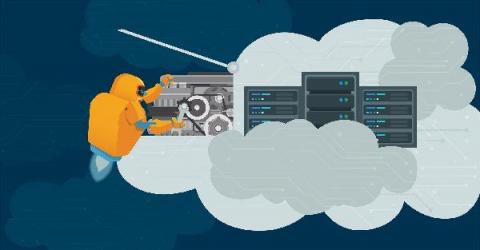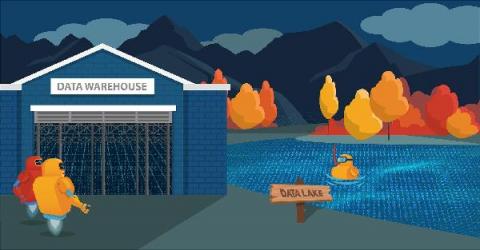How To Create A Cloud Center Of Excellence (CCOE)
Establishing a Cloud Center of Excellence (CCOE) is an important milestone in every company’s cloud computing journey. While it is usually not the first milestone — which is focused on delivering value to customers — this milestone is reached as the company grows and scales. Turning ad-hoc cloud initiatives into a company-wide strategy, the CCOE helps the business to manage the cloud process and adopt best practices.











